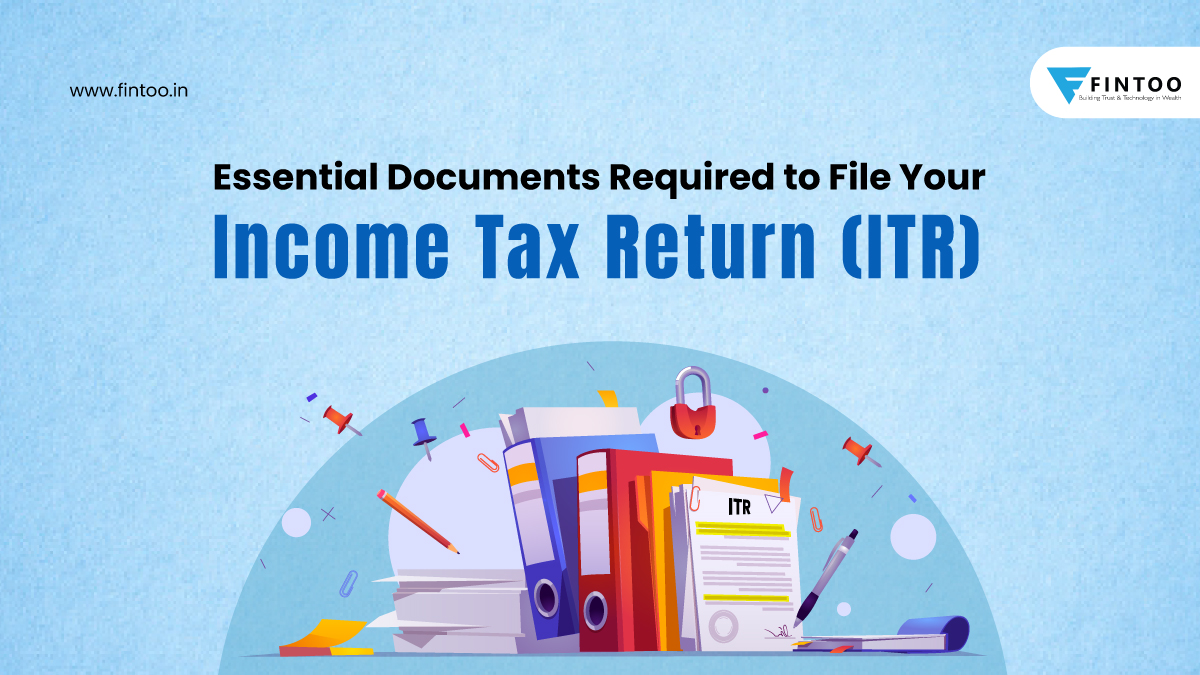5 Essential Documents for Filing Taxes Easily

When tax season rolls around, gathering the necessary documentation is key to filing taxes both accurately and efficiently. Whether you're doing your taxes yourself, hiring a professional, or using tax software, having all your documents in order can save you time, reduce stress, and might even help you maximize your refund. Here's a look at the five essential documents you'll need to make your tax filing process as smooth as possible:
1. Proof of Income Documents


- W-2 Forms: These are the statements that employers send to employees summarizing their annual earnings and the amount of taxes withheld from their paychecks.
- 1099 Forms: If you've received income from sources other than an employer, like freelancing, contract work, or retirement benefits, you'll need various 1099 forms. Here are some common types:
- 1099-MISC for miscellaneous income.
- 1099-NEC for nonemployee compensation.
- 1099-INT for interest income.
- 1099-DIV for dividends.
2. Deduction Documents

- Mortgage Interest Statement: Your Form 1098 from your mortgage lender shows the interest you paid on your mortgage, which can be deductible.
- Charitable Contributions: Keep receipts or acknowledgments for any donations you made to qualify for a deduction.
- Educational Expenses: Tuition statements (Form 1098-T) and student loan interest (Form 1098-E) documents are necessary for tax credits and deductions related to education.
- Medical Expenses: Bills, insurance statements, and receipts for out-of-pocket medical expenses can qualify for deductions if they exceed a certain percentage of your adjusted gross income.
3. Investment and Retirement Account Statements

- 1099-B: This form shows the proceeds from broker transactions, essential if you’ve sold stocks or mutual funds.
- 1099-R: If you’ve taken distributions from pensions, annuities, or retirement plans, you’ll receive this form.
💡 Note: Ensure you’ve accounted for any reinvestments or dividends which might have tax implications.
4. Identification and Personal Information

- Social Security Numbers (SSNs): You’ll need these for yourself, your spouse, and any dependents.
- Driver’s License or State ID: Some tax software requires this information for identity verification.
- Bank Account Information: To facilitate direct deposit of refunds or electronic payments of tax owed.
5. Supporting Documents

- Health Insurance Forms: If you’ve purchased health insurance through the Health Insurance Marketplace, you’ll need Form 1095-A to report your health care coverage.
- Receipts for Miscellaneous Expenses: For expenses related to job hunting, moving, or home office deductions.
In summary, having all these documents prepared beforehand can make the tax filing process significantly smoother. The right documentation helps in accurately reporting your income, claiming all possible deductions, and ensuring your tax liability is calculated correctly. Remember, maintaining good records throughout the year can make tax season much less daunting.
What if I lose my W-2 or 1099 forms?

+
You can request a reissued form from your employer or the issuing entity. Alternatively, you can access these documents via your online payroll service or contact the IRS for a wage and income transcript.
Can I file taxes without all these documents?

+
While it’s possible, filing without complete documentation can lead to inaccuracies or missed deductions. Try to gather all documents first, or use estimated income based on previous records or bank statements.
Is it necessary to keep physical copies of all these documents?

+
Not necessarily. Many tax agencies and services now accept digital copies or scanned documents. However, it’s a good idea to have both digital and physical backups for security and ease of access.



